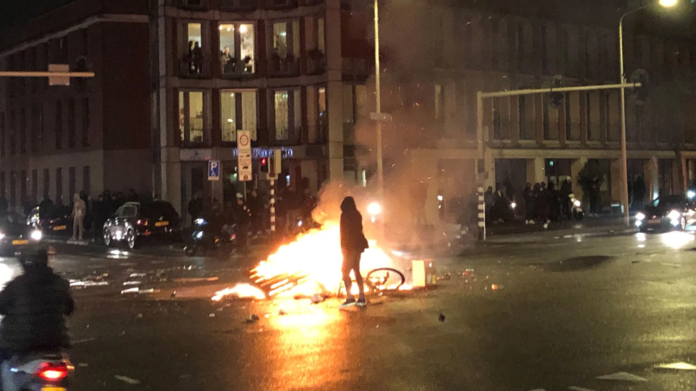By Maler Suresh
The World Health Organization (WHO) recently placed watchful eyes on the COVID-19 situation in Europe. Regional director, Dr Hans Kluge, said that “Covid-19 has become once again the number one cause of mortality in our region,” and unless measures are tightened across Europe, half a million more deaths could be recorded by next spring.
As a result, many European countries are tightening restrictions and increasing vaccination requirements in public. European citizens in many countries are unhappy about these new measures, and they are taking to protest to communicate their displeasure to their respective governments, like in Brussels, the Belgian capital, where thousands of people have been marching to protest anti-COVID measures.
Both Austria and the Netherlands have imposed partial lockdowns to limit crowd sizes. In addition, the Austrian government plans to make the vaccine mandatory in February of 2022. It will be the only European country to make vaccination a legal requirement.
These recent measures have sparked protests in both countries. In the Netherlands, protests are most serious in The Hague and Rotterdam. In The Hague, officials announced an emergency order in the city, and at least seven people were arrested as protestors set fire to bicycles. Shots were fired in Rotterdam, with at least 3 demonstrators in the hospital and an investigation underway. In Austria, protestors brandished national flags and banners reading “Freedom” and shouted “Resistance,” booing the police.
Similarly, thousands of Crotians marched in the capital, Zagreb, to show their anger at mandatory vaccinations for public sector workers, and in countries like Italy and France, protestors are gathering to oppose “COVID passes” or certificates required at workplaces, venues and on public transport as evidence of vaccination.
This increasing unrest does not bode well going forward as it may hinder governmental efforts at limiting the spread of the virus.

